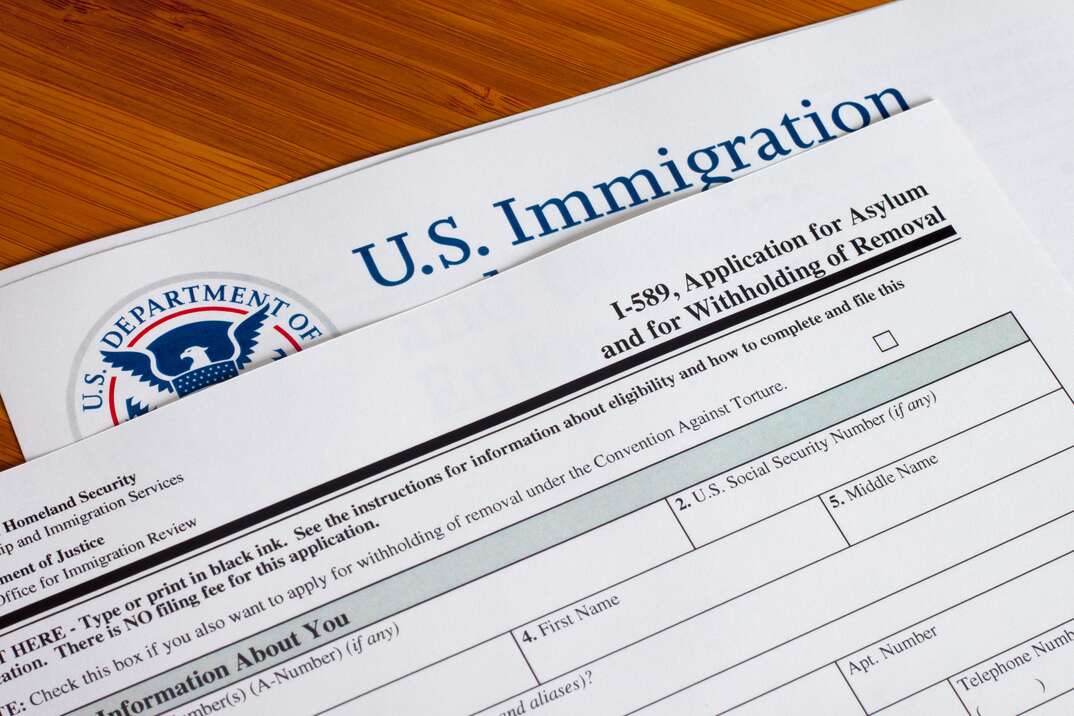Why Was My Asylum Application Denied?

Those who are currently in the United States and may be persecuted — or have already faced persecution — in their country of origin may be able to apply for asylum in the United States based on humanitarian reasons.
Applying for asylum is a long process, and it can take months to get a decision. When a petition for asylum is denied, it can leave you confused and worried about the future.
What Are Some Common Reasons Why Asylum Applications Are Denied?
There are specific rules and processes regarding applying for asylum. Failing to abide by any of these rules or failing to prove you face a credible threat can result in a denial. Common reasons asylum applications are denied include:
- Being out of the country: You must be physically present in the United States when you apply for asylum.
- Failure to show you face persecution for a qualifying reason: These include race, religion, political opinion, social group or nationality.
- Not filing your asylum application on time: Applications may be sent in within one year of arriving in the United States.
- Not applying in the first safe country: If you traveled through a different country that was considered safe (such as Canada) to get to the United States, your application can be denied on the basis that you should have applied for asylum in that other country.
- Not being admissible: Those applying for asylum must still be admissible to the United States. This means certain convictions on your criminal record or involvement with organizations that pose a threat to the country could result in a denial.
- Clerical errors: An incomplete or inaccurate application can result in denial.
Yes, it is possible to file an appeal if your asylum application was denied, and most people are allowed to continue to live in the United States while waiting for their appeals to be processed. The first step in the appeals process depends on whether you were in the United States legally at the time you applied for asylum.
If you were already in the United States on a visa, your case will automatically be put before an immigration judge after the asylum application is denied. The judge will review your case, and you have the opportunity to present evidence and testify as to why your asylum petition should be approved. An immigration attorney can help you prepare and argue your case.
If the judge confirms the denial, you can appeal to the Board of Immigration Appeals. The BIA reviews the immigration judge's decision to determine if they made an error. If the BIA agrees with the judge, you'll have one last chance to appeal with the U.S. Circuit Court of Appeals. It's technically possible to appeal to the U.S. Supreme Court if the U.S. Circuit Court of Appeals denies your asylum application, but it's very rare that the Supreme Court even agrees to hear these cases.
The appeals process is time-consuming and expensive, often taking years and thousands of dollars to get through all the appeal options. For those who qualify, it might be a smart idea to talk with an immigration attorney about a visa or another option to stay in the country legally.
More Related Articles:
- When Do You Need a Lawyer? Determine If You Need to Hire an Attorney
- How Much Are Court Costs?
- What Is a Misdemeanor?
- What Is Legal Precedent?
- How Do You Fire Your Attorney?
What Are My Next Steps If My Asylum Application Is Denied?
When your application for asylum is denied, the first step is to speak with an immigration attorney. Your notice of denial will provide a reason your asylum application wasn't approved, and this can help your attorney determine next steps.
If you have the funds to go through the appeal process, it may be worth it, depending on your reason for denial. However, most people who apply for asylum are denied, and most of these decisions stand. If you qualify for another visa or immigration option, it may be better to apply for one of these options to remain in the United States, instead of investing the time and money into the asylum appeals process. An immigration attorney can help you make this determination and take action immediately, whether that's to appeal the decision or pursue another avenue for immigration.
Elocal Editorial Content is for educational and entertainment purposes only. The information provided on this site is not legal advice, and no attorney-client or confidential relationship is formed by use of the Editorial Content. We are not a law firm or a substitute for an attorney or law firm. We cannot provide advice, explanation, opinion, or recommendation about possible legal rights, remedies, defenses, options or strategies. The opinions, beliefs and viewpoints expressed by the eLocal Editorial Team and other third-party content providers do not necessarily reflect the opinions, beliefs and viewpoints of eLocal or its affiliate companies. Use of the Blog is subject to the
Website Terms and Conditions.The eLocal Editorial Team operates independently of eLocal USA's marketing and sales decisions.



